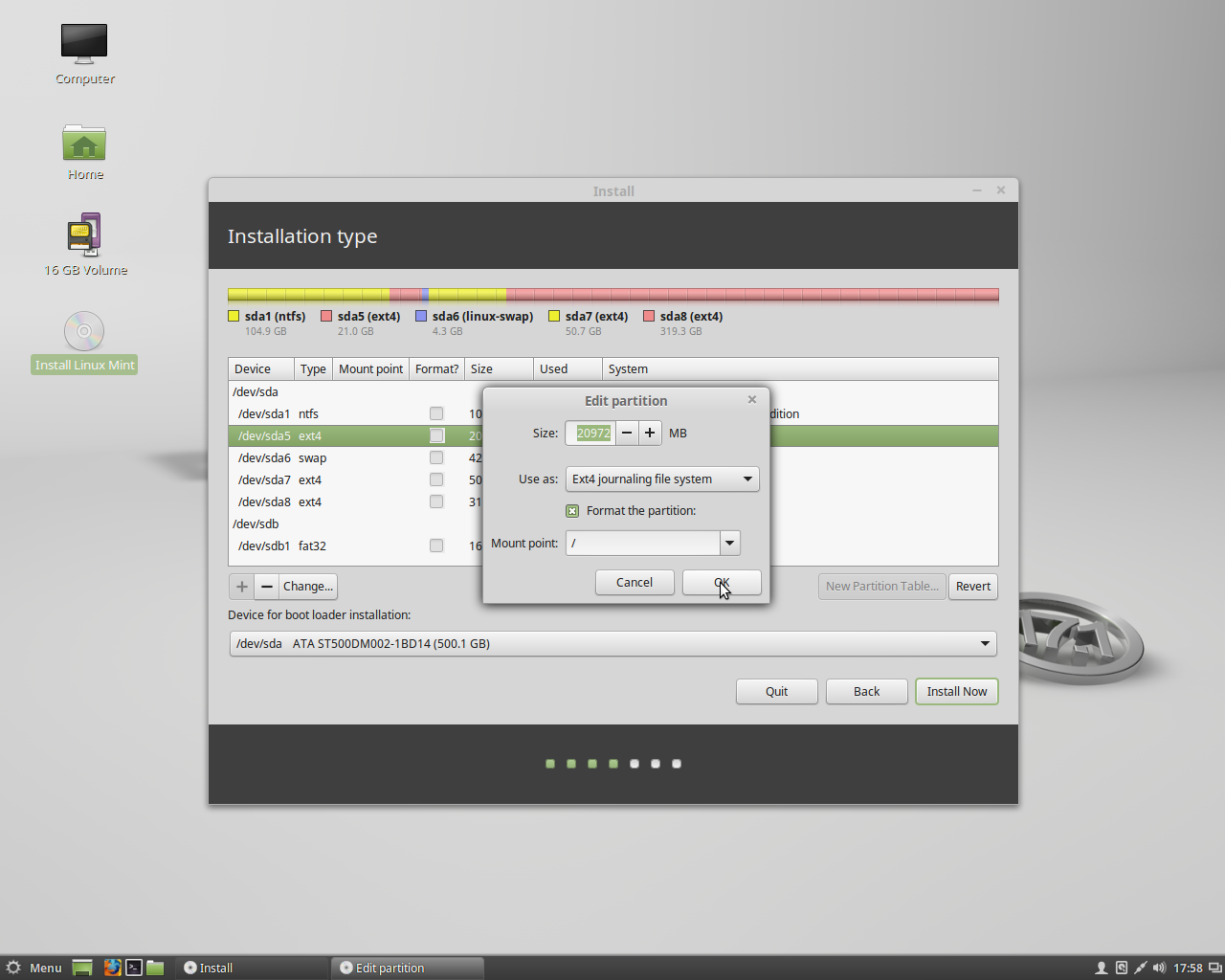It did not need to be formatted to fat32 either.
Wow, I've never seen a FAT32 partition of that size, ever! 
Back in the day, maybe 10GiB tops on a HDD of 20 to 40GiB total space, this was before NTFS became the standard for all Windows OS's.
And to add to hollowface's comments about the advertised space versus what we get, well that's the HDD/SSD OEM's being dishonest, as plain & simple as it gets. I have a WD Caviar Blue 320GiB HDD that shows the same amount of 'usable' space. They've done this ever since I can remember with drives, fortunately with RAM & GPU's (with the exception of a certain NVIDIA model that claimed to have 4GB RAM, when it had only 3.5GB), this is a non-issue. Note that the 'usable' amount of RAM will often be less than the installed not because they're shortchanging the customer, rather the computer needs so much memory for hardware, such as onboard graphics & audio. So if one has 4GB RAM, and a 64 bit OS & only 'sees' 3.5 to 3.75GB installed, this is because the onboard GPU & audio needs it.
Doesn't matter if one has their own card & disables the onboard graphics & audio, it's taken anyway. Yet not at least to the extent of what HDD OEM's does, and the more RAM one has, the less this becomes noticeable. One with 24 to 32GB or more of RAM will never notice it unless checking the specs. Yet we all notice the missing HDD space, the only thing to do about it if the space is needed is to obtain a larger drive. Unfortunately, the reverse of the RAM issue applies to HDD/SSD's, the larger the size, the more is taken.
One with an 80GiB HDD will see less than 6GiB lost, while one whom has a 1TiB drive will see the loss of nearly 70GiB.
Yet this is where one needs to research before purchase to prevent confusion. Many drives has the fine print on the package, while others, one has to visit their website, or is included in a leaflet that requires a magnifying glass to read (if retail package). Those who purchases 'bare' or 'OEM' drives are lucky just to get some screws, these has no retail packaging, yet are placed inside a bubble wrap made for these & extra padding is included. The only other item in the box will be your receipt. Distributing drives in this manner saves the online retailer & the customer lots of cash, while the factory warranty is the same as that of a retail drive.
Here's an example of the last HDD package I received, it was a bundle of a 120GiB SSD & 1TiB HDD for $99.99 shipped. When I purchased it, the SSD's were that much alone of the same size. Also, the HDD is the same model & size of the one shipped with the PC, had to leave that one 'as is' just in case warranty repair is needed, for just over 2 more years (PC was purchased in Sept 2013). Had I purchased the same drive locally, not only would I not had received a bonus SSD, the retail packaged HDD would have been at least $20 more. Even if it were on promo locally for $99.99, that's still minus the Samsung 850 EVO SSD.


Cat




 This topic is locked
This topic is locked
 Back to top
Back to top
















